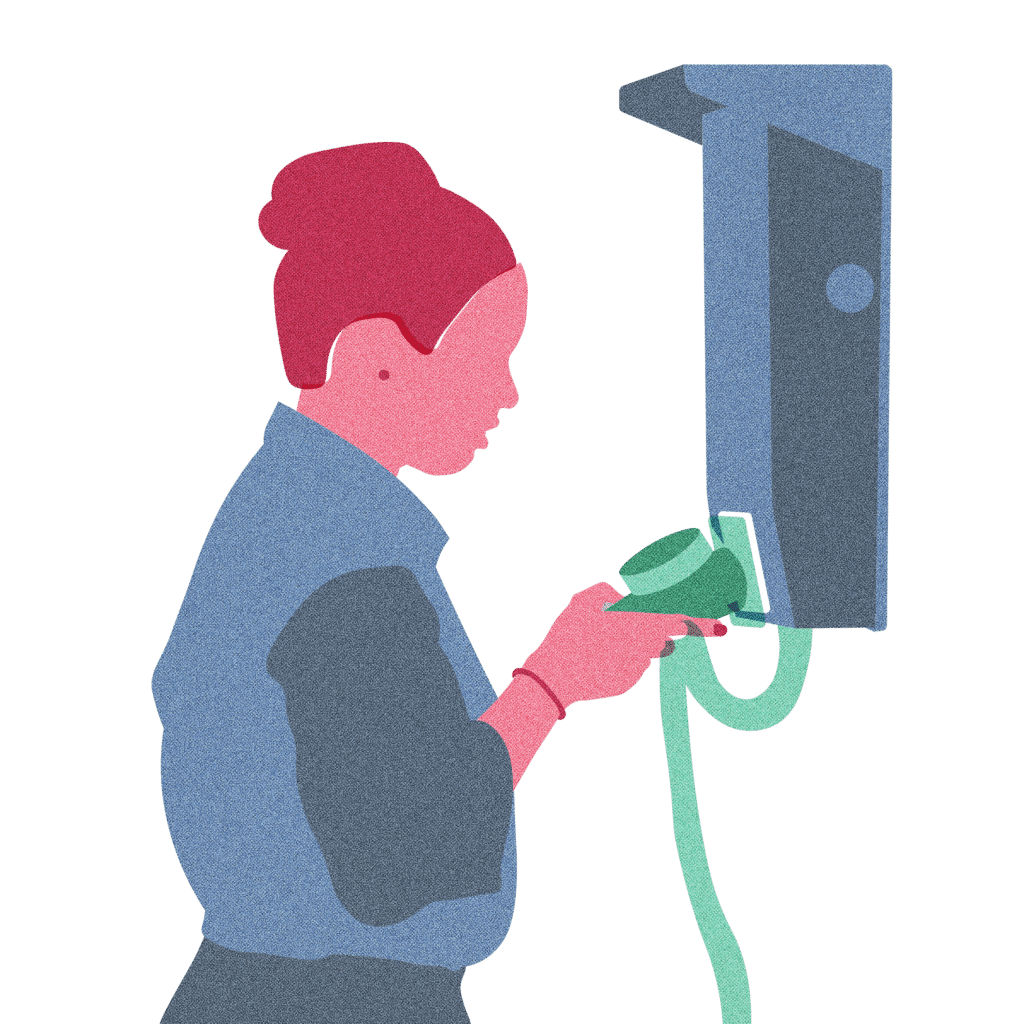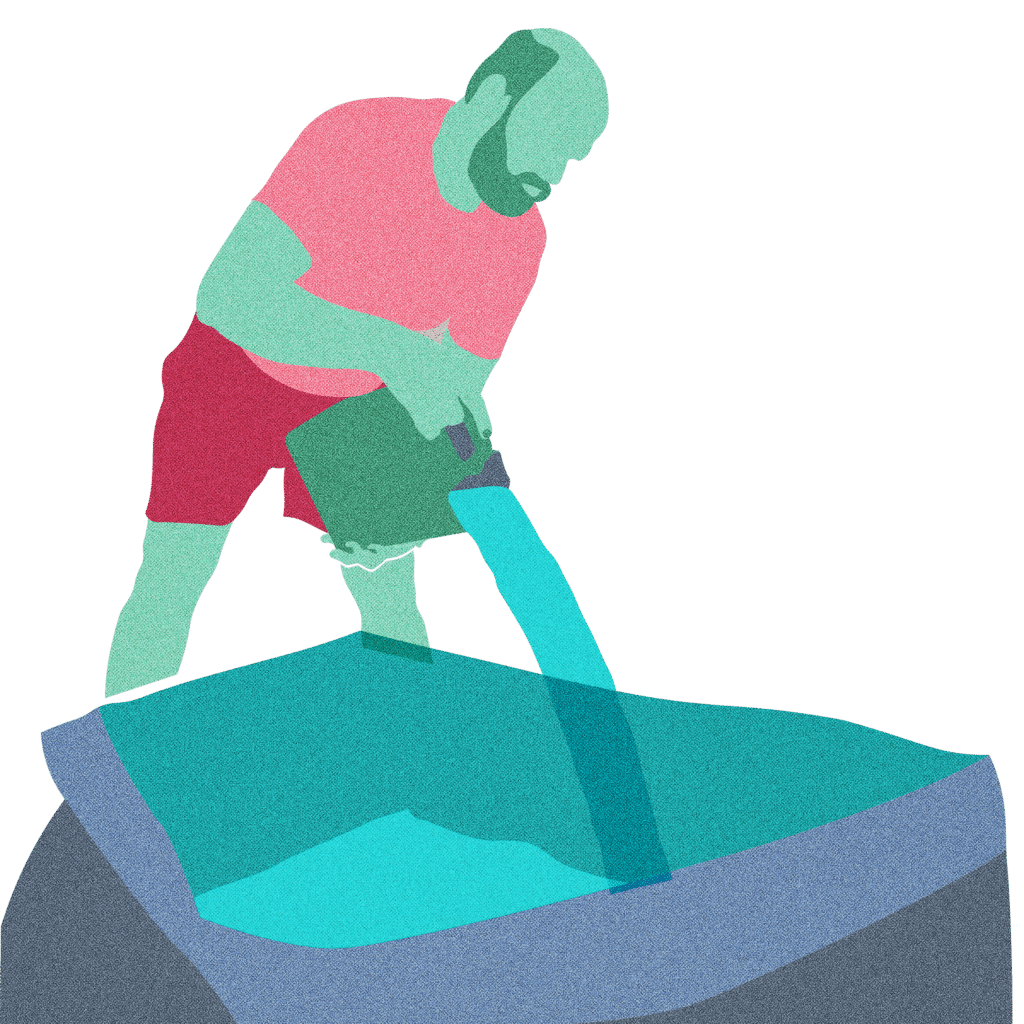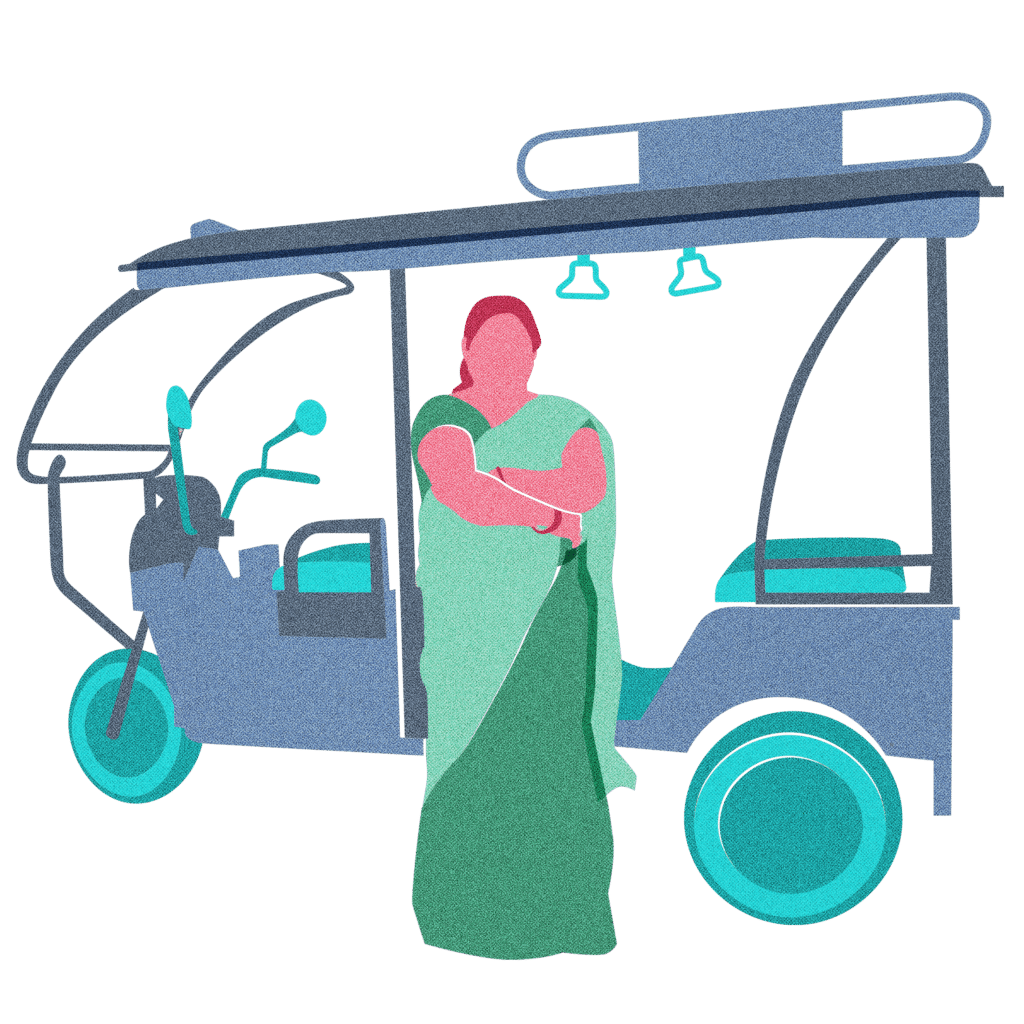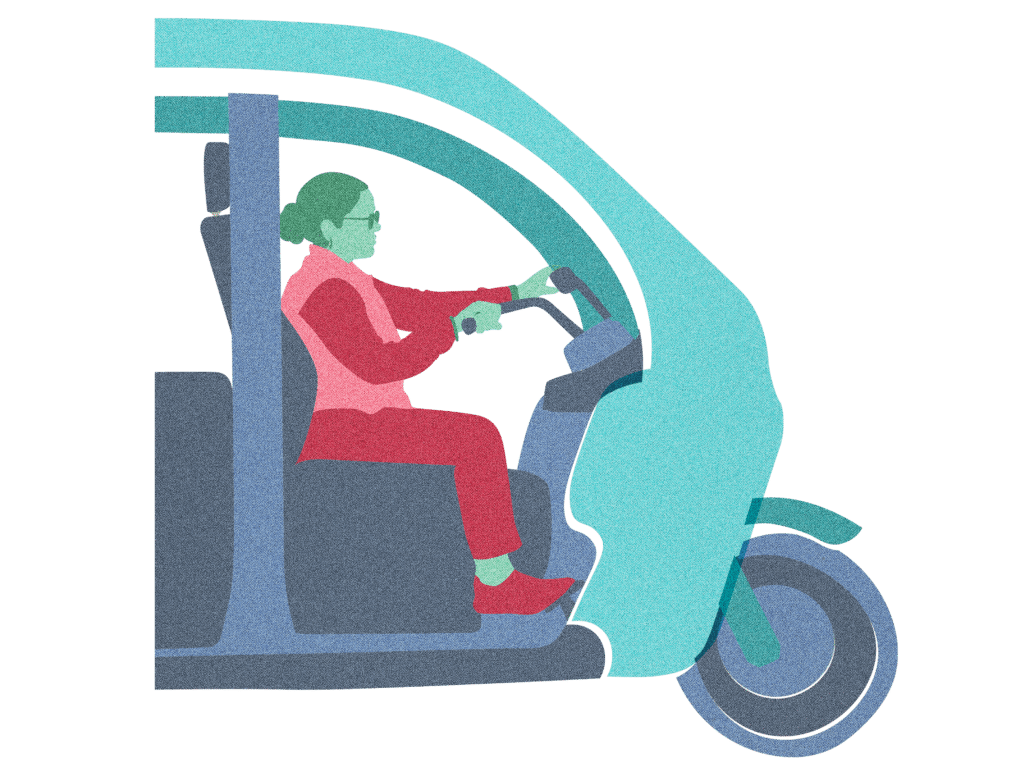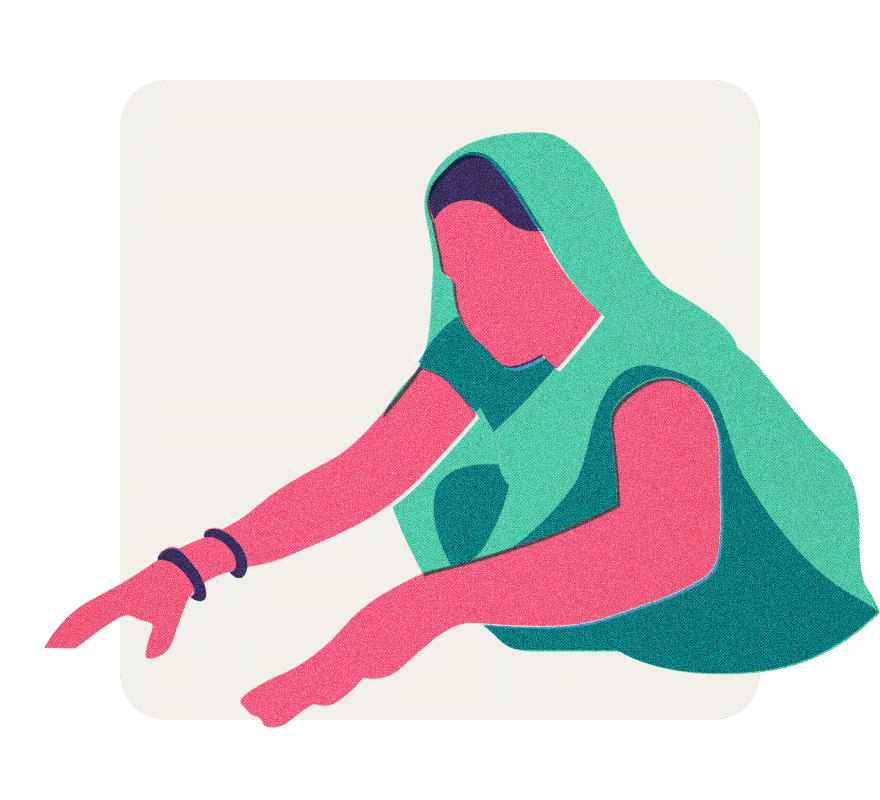Practical Strategies to Catalyse Women-led Access-to-Energy Ventures in India
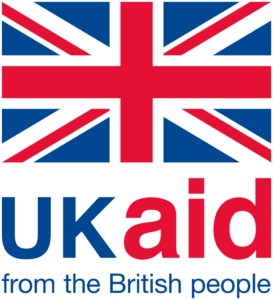
SF and the UK Government commissioned the International Center for Research on Women (ICRW) to conduct research on the key challenges women-led ventures face in setting up an energy business in India, and provide recommendations on how key actors in the ecosystem could attract and support women in the sector.
Ventures with female “1st founders” were 75% less likely to attract equity investment than ventures with a male 1st founder and 29% less likely to attract debt investment.
ICRW analysed 23 enterprise development programmes (EDPs) in India and identified four challenge areas:
- Challenge 1: Women entrepreneurs are not participating in EDPs at equal rates as men.
- Challenge 2: Female entrepreneurs often do not have access to the same services and networks that male entrepreneurs do. In addition, services provided by EDPs are often not tailored to the needs of female entrepreneurs.
- Challenge 3: Investment gaps persist in women-led and co-led ventures.
- Challenge 4: Government of India (GOI) programmes have limited impact on female entrepreneurs, as deserving women-led ventures are not accessing or benefitting optimally from many GOI schemes.
The report presents solutions to these challenges in a series of tables and practical recommendations, addressed to three main categories of actors: EDPs, investors, and government partners. Each solution is categorised by time frame, potential impact, resource needs and gender focus.
Of the 35 strategies identified for EDPs and ecosystem actors, 17 are high impact recommendations that can be implemented in the next cohort or year, such as using proactive sourcing and recruitment strategies, gender targets and inclusionary screening criteria to identify women-founded or co-founded ventures for which women actually make decisions.
There are clear financial reasons to invest in women entrepreneurs and transformative potential in enabling more women to enter and grow in traditionally male domains. However, without explicitly targeting female entrepreneurs in enterprise development programming, women will get left out or will have unequal access to support, services and financing.
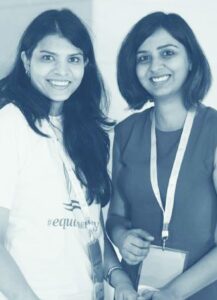
This latest research shows that women face business hurdles irrespective of industry. Most challenges crosscut sectors; ultimately only four recommendations emerged specific to catalysing A2E ventures in India.
Ecosystem actors working in other fields or across sectors will find the practical strategies useful as well —especially those in male-dominated sectors or contexts with lower cultural regard for women’s entrepreneurship.
Download the full report [3MB]





